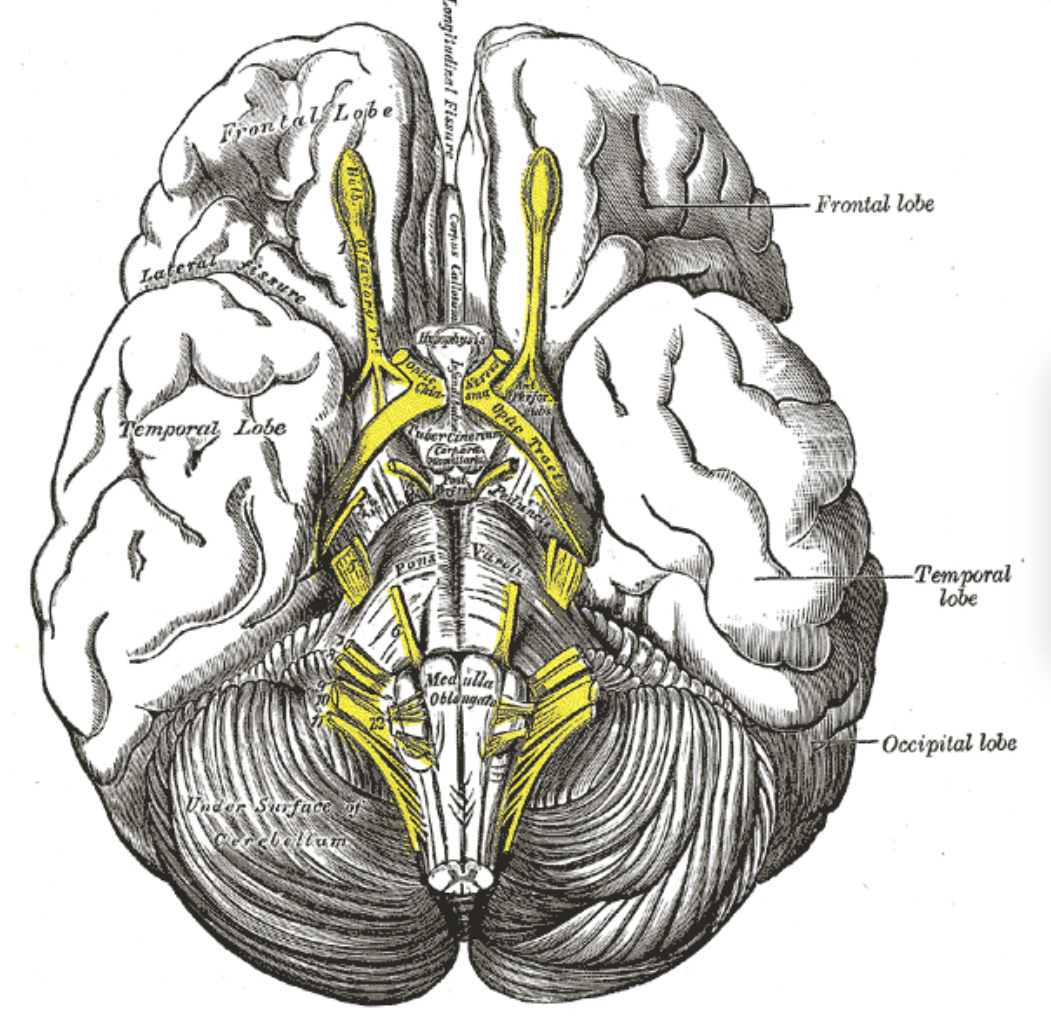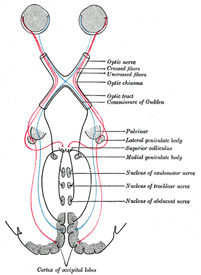Functions of the Olfactory Nerve and Analysis of Olfactory Processes into the Brain
Functions of the Olfactory Nerve The primary function of the olfactory nerve is to convey sensory information related to smell […]
Functions of the Olfactory Nerve and Analysis of Olfactory Processes into the Brain Read Post »


